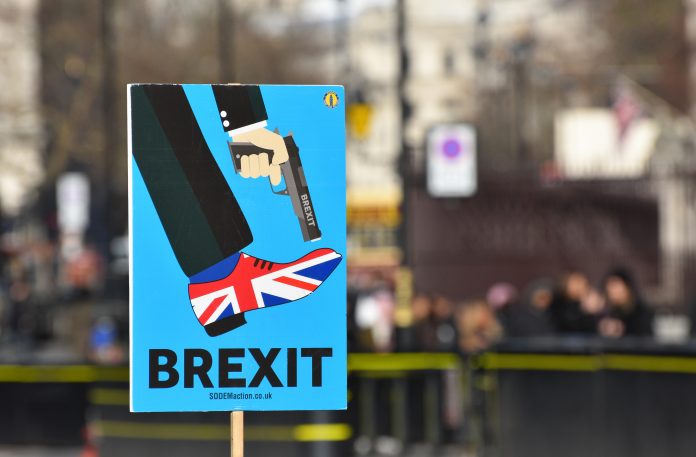MPs need to make sure that Parliament is ready to take on new functions to be ready for a post-Brexit reality which changes the identity of UK parliament
Published today (31 May), Parliament after Brexit says Brexit has exposed deep-seated problems with parliamentary processes and highlighted uncertainties in the relationship between Government ministers and MPs.
Starting with the Supreme Court case over the need for parliamentary approval to trigger Article 50 negotiations, debate has played out in both Houses about the wide-ranging powers given to ministers and who should control the agenda in the Commons. The role of the Speaker has also been a flashpoint, because of the controversy over as his ability to select amendments to motions and bills.
Parliament needs to explicitly address these issues rather than simply assume that the UK will return to majority government and that closure will be reached on the divisive issue of Brexit.
To address these two key challenges, the report says Parliament should establish a joint committee to offer strategic oversight which is currently lacking. The Government and the Opposition should actively engage with this process as an to ensure Parliament is fit for purpose in the twenty-first century.
For more than 40 years, Parliament has carried out its role within the context of the UK’s membership of the institutions of the European Union (EU). After Brexit, it will need to take on new functions, or adapt ways it has carried out tasks, to ensure that it is fully prepared to scrutinise the Government once the UK is no longer part of the EU.
Whilst the political implications on parties, the future Prime Minister and the theoretical effect on the working class person are currently hotly debated, the actual function of Parliament has not been significantly discussed.
On this, the report said:
“The question of whether Parliament can step up and shape an effective role for itself in the aftermath of Brexit is therefore crucial for public confidence as well as of real practical importance. Historically, Parliament has tended to respond to change in a reactive, piecemeal manner.
“This is due to Parliament’s nature – above all, it does not have a single central authority which takes responsibility for thinking strategically about its future.”
The absence of a central authority is partially why there is such freedom to debate and disagree, but results in a lack of pre-meditated change.
Dr Hannah White, Deputy Director at the Institute for Government, said:
“The exact nature of the UK’s future relationship with the EU remains uncertain, but the Brexit process has created a real imperative for Parliament to proactively consider the role it envisages for itself once the UK has left.”
Maddy Thimont Jack, Senior Researcher at the Institute for Government and author of the report, said:
“Parliament never really got to grips with its role during UK membership of the EU and has been engaged in a war of attrition with the Government over Brexit. Whatever the outcome on Brexit, this is a chance for Parliament to reassess and reinvent. It must not duck the challenge.”
This research discusses the aftermath of Brexit, and can be read here.











